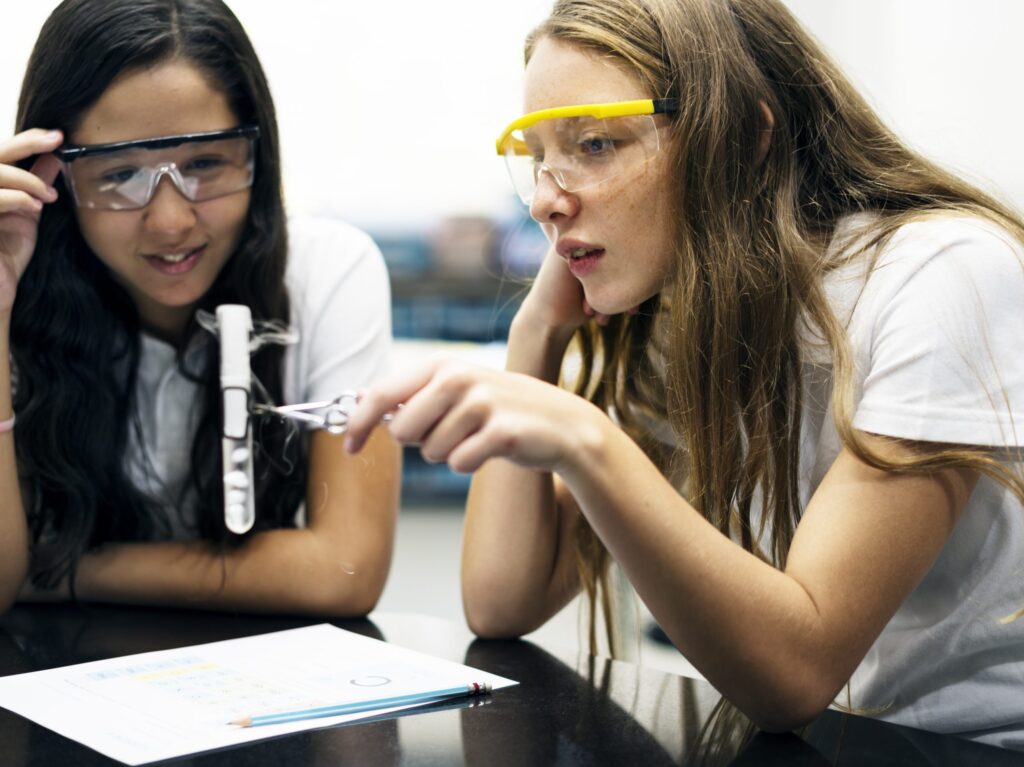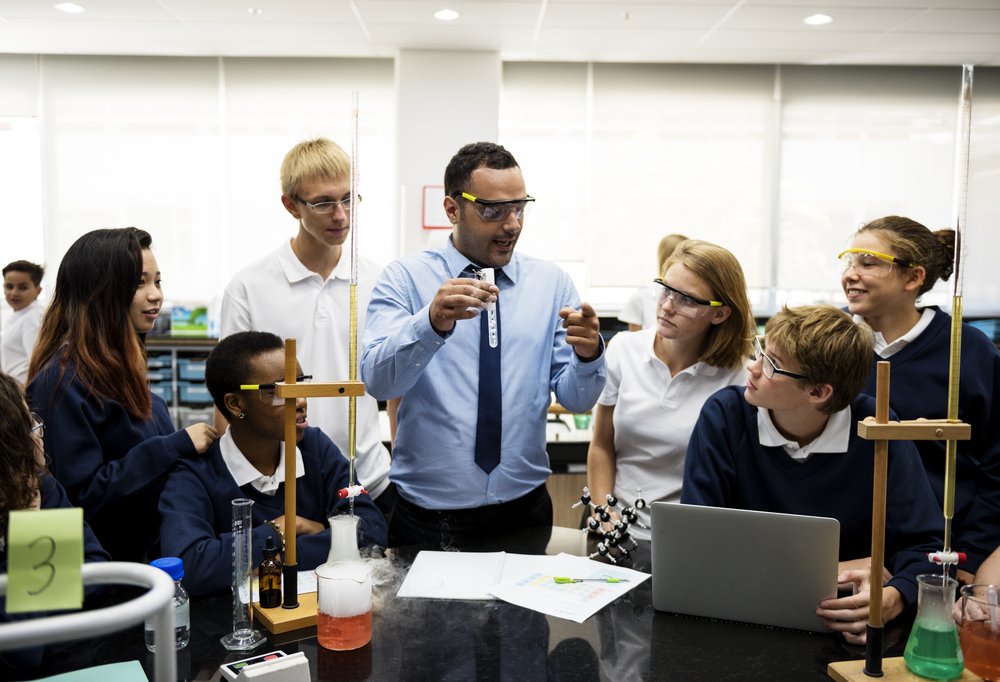Probably one of the most dispiriting things for a teacher to hear in class is the dreaded question “Sir/Miss, why have we got to learn about this?” The stock response is often “Because it’s in the specification…” closely followed by “…so you might get asked a question on it.” It kind of wins the argument, but kind of doesn’t. Not many pupils really don’t care about the grades they get but if good grades are all they get they could be excused for feeling a little hollow.
We need to have the skills and content specified for a publicly examined course and most pupils would probably accept that some material may have to be included just for the sake of completeness. We shouldn’t keep falling back on that, though. “Trust me, when you get to my age you’ll understand why this bit is important” is not recommended.
One of Ben Goldacre’s recent Bad Science columns was on Brain Gym and how pupils can use the skills of handling evidence to spot the errors in the way that ideas are presented. Many of these skills are part and parcel of a well taught KS4 course but sometimes pupils don’t see the point if the context is rather dry. However, they often love being put in the role of detectives (“Would you pay good money for this?”)
Brain Gym is one of the great (well, not great, but with huge potential for the teacher) ideas from Bad Science that has been turned into lesson plans for free download from the Collins website and included in the new generation of Collins text books and teacher packs. Soon you’ll be able to see video footage on the website showing how pupils responded when we tried the materials in a school. Not only did they make a cracking good job of spotting the flaws but got a real kick out of doing so.
We sometimes justify delaying the engaging applications to a later stage “you’ve just got to get through the basics now, then you’ll see how it can be applied.” This is a mistake. Science is at its most compelling when you care about what the results will prove – or disprove. For pupils to care about science they need to see it as a tool that they can use to make sense of things that matter.
The new GCSE courses are a pretext for improving schemes of learning. As well as covering the content, delivering the skills and preparing for assessment (all necessary but not sufficient) for pupils to really succeed they need to be engaged in study that is authentic.
The Bad Science materials show that finding engaging contexts is central to effective learning. The Collins team of authors have worked their socks off to find some really topical ways of putting things across. At the end of the day of course what we can do is to offer you some possibilities; it’s your role to think “now, what will really float the boat for that group?”
Ed Walsh, Science Advisor with Cornwall Learning.


